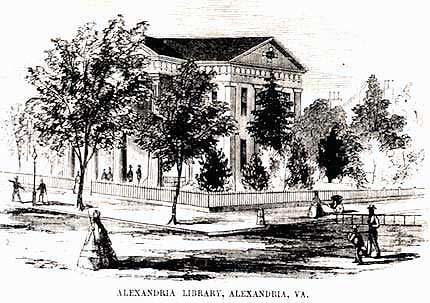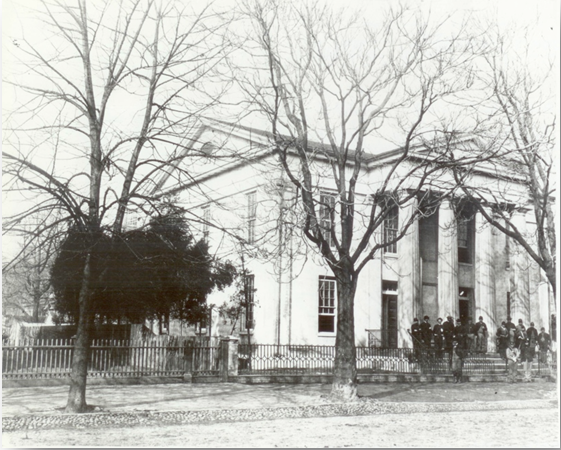
History of The Lyceum
An Educational Concept
The American lyceum (ly-SEE-um) movement began in the 1820s with Josiah Holbrook, who admired various institutions in England that had been established for public education. While still a novel concept in the United States at that time, public education was rapidly gaining support through the efforts of men like Josiah Holbrook and Horace Mann.
In 1826, the first American lyceum opened in Milbury, Massachusetts, and the rocky soil of New England proved to be very fertile ground for this endeavor. Soon there were lyceums throughout the region, which benefited from numerous cities and towns as well as good transportation systems for both traveling lecturers and their listeners.
The situation was different in the South, however, where a more dispersed populace and a tradition of private schooling were among the obstacles to attracting audiences to the few early lyceums. Only in the cities did southern lyceum organizers meet with much success. In 1838, a Quaker teacher named Benjamin Hallowell and six other prominent Alexandrians formed The Alexandria Lyceum and began to offer a series of lectures and debates on a variety of topics. Typically held in Hallowell's school, the lectures most often concerned biology and philosophy, subjects which never failed to engage Alexandrians at this period. Discussions of politics and religion were expressly barred, since they frequently led to heated arguments.
"The New and Beautiful Hall"

By 1839, the popularity of these programs had grown so that The Alexandria Lyceum sought to construct a new hall which would better suit its needs. Joining his organization with the older Alexandria Library Company in this venture, Hallowell guided the construction. A significant sign of the new lyceum's popularity is the fact that, though the country was in the midst of an economic depression, the work was financed through the sale of stock subscriptions at $25 per share. On the evening of December 12, 1839, "The Alexandria Lyceum opened at the new and beautiful Hall, on Washington street," as the local paper noted, with the first lecture delivered by U.S. Postmaster Daniel Bryan. Eventually, the building itself became known as The Lyceum.
Lecture Hall to Landmark

For two decades before the Civil War, The Lyceum was the intellectual and cultural center of Alexandria, but the war interrupted its educational activities. Like most of the other large structures in town, the building was seized in the spring of 1861 for use as a hospital by the Union Army. In 1868, The Lyceum was sold to John B. Daingerfield and remodeled into a fashionable residence for his daughter, Mary Helen. After the death of its last residential owner, Dr. Hugh McGuire, in 1938, the building was sold again and became an office building. By the late 1960s, the once elegant Lyceum had become a run-down eyesore and plans were underway to demolish it. A major effort was mounted by Jean Keith and other local preservationists to save the structure, capped by a dramatic 4-3 vote in favor of purchase by Alexandria's City Council in 1969. Renovated and refurnished, The Lyceum re-opened as Virginia's first Bicentennial Center in 1974 and became the City's history museum in 1985.
Today Alexandria History Museum at The Lyceum is owned and operated by the City of Alexandria and has returned to nearly the same role for which it was constructed--serving the community as a center for historical education and cultural activities.